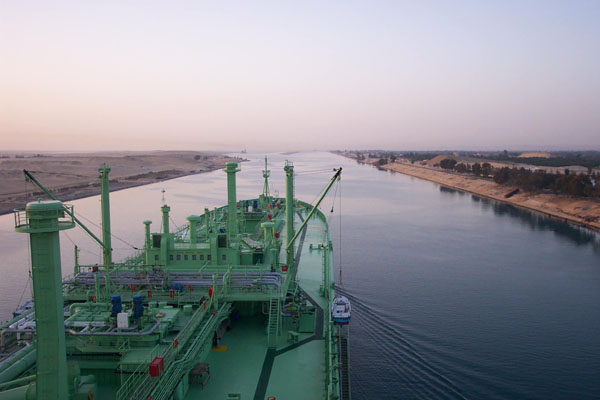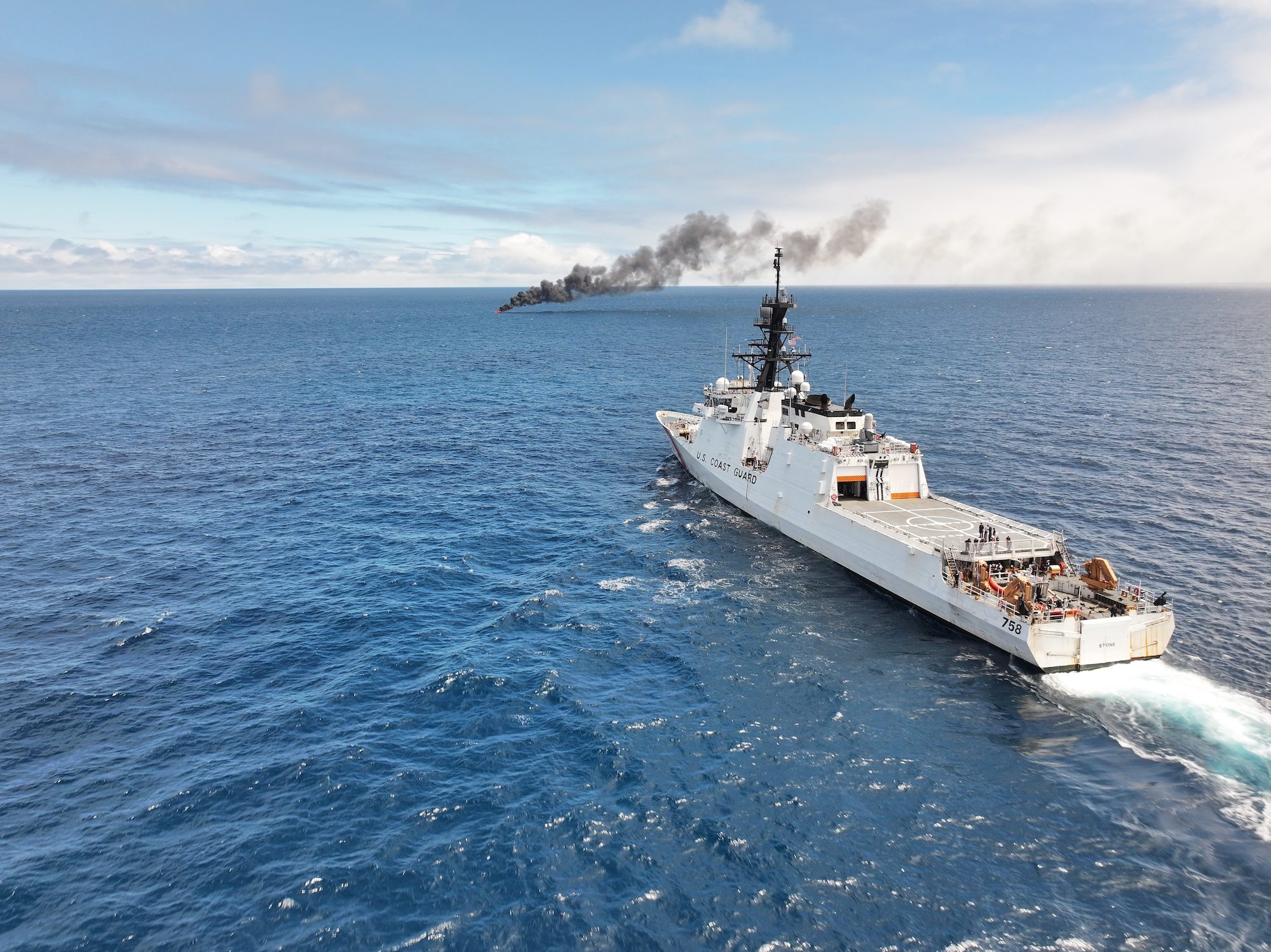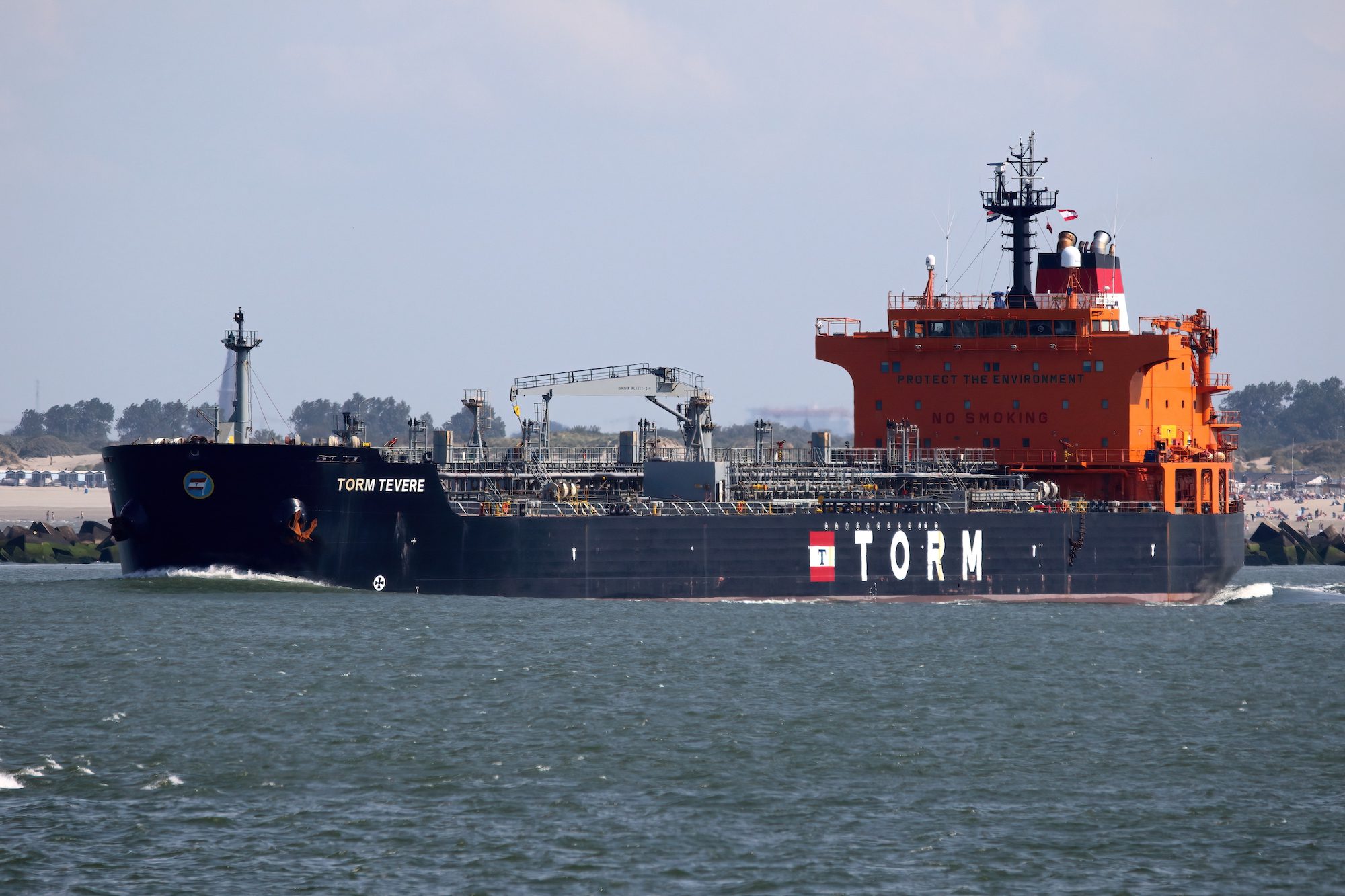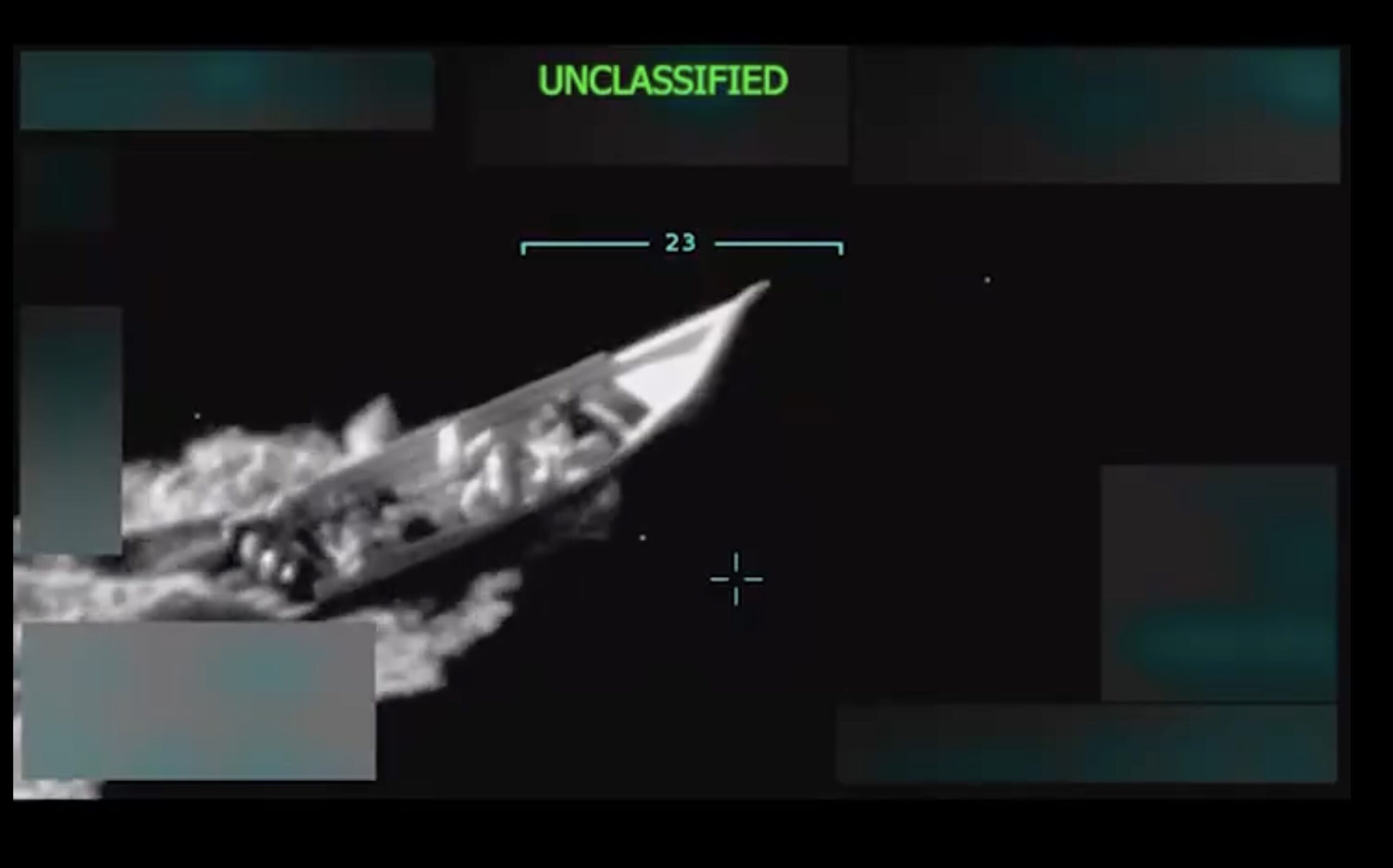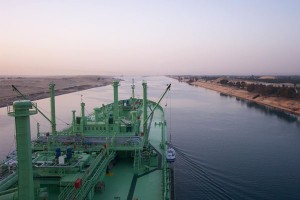 ISTANBUL (Dow Jones)–Turkey will build a new canal connecting the Black Sea with the Marmara Sea to reduce traffic in the Bosporus, one of the world’s busiest and most dangerous shipping lanes, Prime Minister Recep Tayyip Erdogan said.
ISTANBUL (Dow Jones)–Turkey will build a new canal connecting the Black Sea with the Marmara Sea to reduce traffic in the Bosporus, one of the world’s busiest and most dangerous shipping lanes, Prime Minister Recep Tayyip Erdogan said.
The prime minister announced his plan Wednesday in the midst of a re-election campaign, comparing the project’s importance with the Panama and Suez canals.
Kanal Istanbul would cut through mostly undeveloped, state-owned land and forest just west of Istanbul, creating a second channel that ultimately connects the Black Sea to the Mediterranean. The project also would include construction of a new 60 million passenger per year airport for Istanbul and two new mini-cities, Mr. Erdogan said.
Mr. Erdogan gave no estimate of the new canal’s cost or how it would be financed, but said he was confident the project would attract private investors and that financing wouldn’t be an obstacle. He also said a study of the terrain will take two years and will determine the precise route of the canal, which is expected to be 25 meters (27 yards) deep, 150 meters (165 yards) wide, and 45 to 50 kilometers (28 to 31 miles) long.
“We are today starting to work on one of the biggest projects of the century, which leaves behind the Panama, the Suez and–in Greece–the Corinth canals,” Mr. Erdogan said. The Panama canal is 77 kilometers long, the Suez canal 80 kilometers and the Corinth canal six kilometers. Kanal Istanbul would be shorter and not as challenging to build as the Panama or Suez canals, but even if it took just half the Bosporus traffic, the new canal would be busier than either.
The prime minister wasn’t clear about who would build the canal, although he commented the project would be “open to the world.” Turkish construction companies, however, are fiercely competitive and could prove difficult to outbid.
Mr. Erdogan unveiled the project at a campaign rally in Istanbul, ahead of parliamentary elections on June 12. Opinion polls suggest the prime minister’s ruling Justice and Development Party, or AKP, will win a third term in office. The AKP is fighting a campaign based on its strong record of delivering economic growth, with ambitious pledges for the future that include a high-speed train network, a third bridge over the Bosporus and development of a Turkish aircraft industry. The new airport has been discussed for some time. The canal project itself, Mr. Erdogan said, would create thousands of jobs.
Given the timing of the announcement as a campaign promise, it isn’t certain the canal will get built. However, Mr. Erdogan, a former Istanbul mayor, has never hidden his ambition to leave an indelible mark on Turkey. He has also said he’d like to turn Turkey into a presidential republic, and if elected president could be ending his second term in 2023, the 100th anniversary of the Turkish Republic.
“We said Turkey deserves to enter 2023 with such a major, crazy and wonderful project, and we took the step for this,” Mr. Erdogan said in his speech.
Describing the plan as a “dream” that Turkish and Ottoman leaders have nurtured for centuries, Mr. Erdogan said the canal would enhance the city, moving the dangers of shipping accidents away from Istanbul’s densely populated center. The canal would be able to accommodate some of the world’s largest ships, up to 300,000 deadweight tons, he added.
The strait is just 700 meters across at its narrowest point and has strong currents and several blind turns that have contributed to catastrophic accidents over the years.
“Any such project should be good news for the international shipping industry” because it would increase safety and cut the density of two-way shipping traffic in the Bosporus, said Bill Box, spokesman for Intertanko, the international association of tanker owners.
But Mr. Box also said the project raised a lot of questions. One such question is whether the canal would fall under the 1936 Montreux Convention, which governs the Bosporus and guarantees passage to all civilian shipping in peacetime. Given that under the convention Turkey can’t charge a fee for ships to use the Bosporus, Turkey would have to work out how to charge for use of the canal without ships reverting to use of the Bosporus, he said.
Mr. Erdogan didn’t address this issue, but he did say the cost to shippers of the long waiting times to enter the Bosporus was $1.4 billion annually, providing a potential incentive for shippers to pay for wait-free passage.
Local pundits worry the project, expected to target mostly federal lands, will destroy forests, and make Istanbul’s growth even faster and more unwieldy. Istanbul, a city of at least 13.5 million people, is split in two by the Bosporus, with the eastern shore in Asia and the Western in continental Europe.
The Bosporus carries ships from the Black Sea to the Marmara Sea, through the Dardanelles to the Aegean and on to the Mediterranean. About 50,000 ships pass through the Bosporus every year, including some 8,000 oil tankers. Turkey’s government has been pushing for construction of an overland pipeline that would bypass the strait and reduce the most dangerous traffic, but has had difficulty persuading oil companies to commit to using the pipe. The need to unload and load the oil one additional time would make the route expensive, according to oil company officials.
Mr. Erdogan said ships carry 139 million tons of oil, 4 million tons of liquefied petroleum gas and 3 million tons of chemicals through the strait annually, putting at risk nearly 2 million people live or work directly on the two shores. From 1982 to 2003 there were 608 shipping accidents on the Bosporus, according to a study by the French Association of Ships’ Captains. In 1994, an oil tanker and cargo vessel collided in the Bosporus, spilling 9,000 tons of oil and closing the strait for days as some 20,000 tons of oil burned. A Romanian tanker crash in 1979 spilled 95,000 tons of oil.
-By Marc Champion, The Wall Street Journal

 Join The Club
Join The Club



